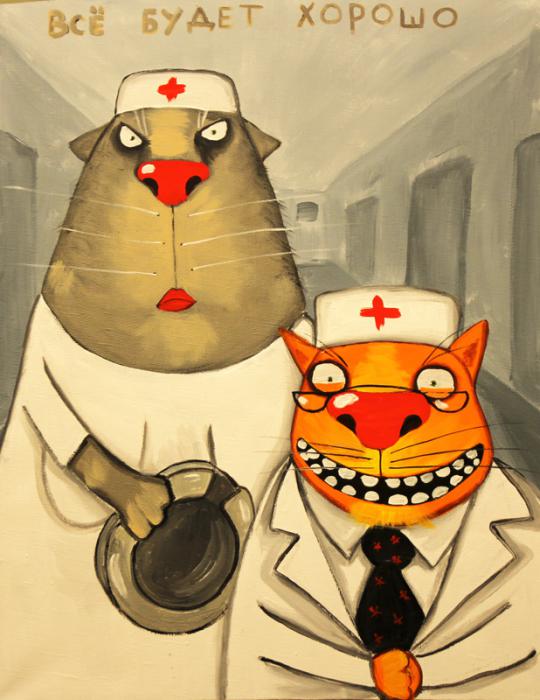Experienced owners and breeders say Savannah cats have very good health. Anyway, all the animals should be regularly tested at vet's, to prevent any illnesses common among cats. Any breed can have birth defects or acquired health problems. Mainly cats can have viral, fungal or bacterial infections which are not hereditary.
Diseases
- Congenital diseases
- Non-congenital diseases

Congenital diseases
You should know that many animals live happy lives even with birth defects. Defects can appear at any moment while embryo or fetus is developing. Usually it is quite difficult to identify the cause of these defects. Some defects can appear due to the environment in which the pregnant animal lives. The possible birth defects can be: cleft palate, polydactyly (extra toes), dwarfism, additional vertebrae and Hydrocephalus.
Non-congenital diseases
The non-congenital diseases do not depend on the gene pool. These include bacterial, viral and fungal infections.
Pay special attention to the health of your cat and contact the vet in the following cases:
- Your pet licks itself too often
- It itches
- Your pet loses too much hair
- Your cat is inactive and doesn't react to your invitations to play
- Drinks too much water
- Loose stools
- Vomiting
- Doesn't eat, or eats much less than usually
- Goes to toilet in unusual places
- Pees often
- Screams during urination
- There are spots on the skin
